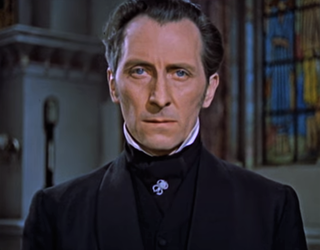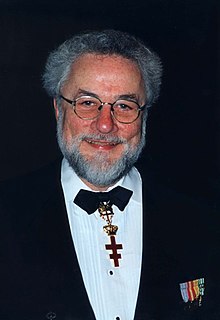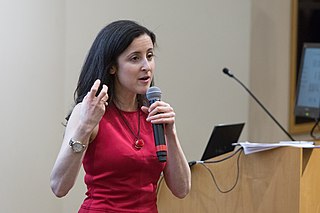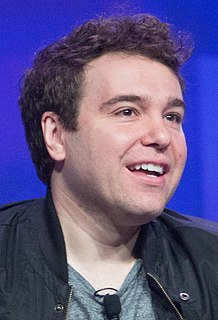A Quote by Calvin Coolidge
There is far more danger of harm than there is hope of good in any radical changes.
Related Quotes
Any objective look at what science has to say about climate change ought to be sufficient to persuade reasonable people that the climate is changing and that humans are responsible for a substantial part of that - and that these changes are doing harm and will continue to do more harm unless we start to reduce our emissions.

































